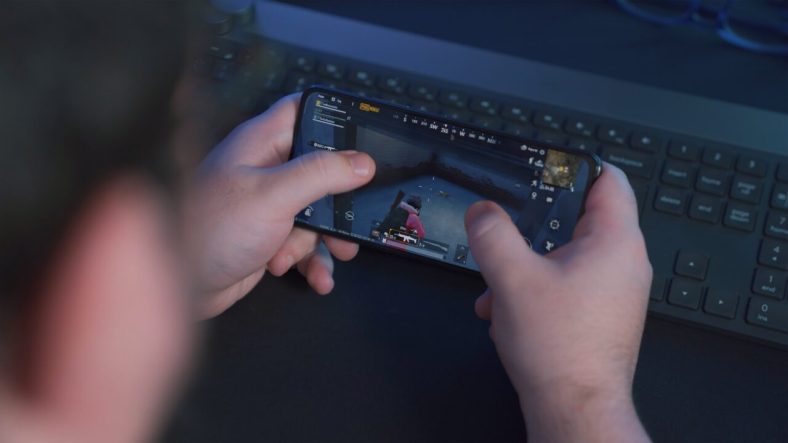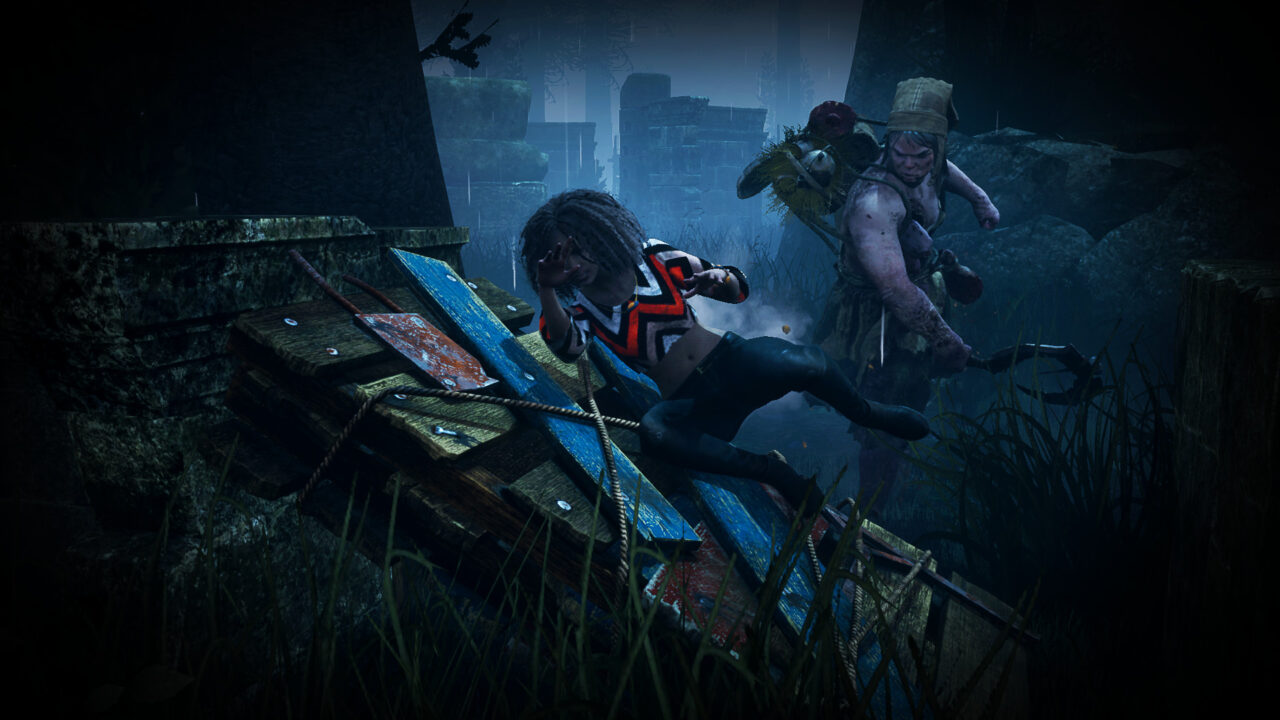The Appeal of Multiplayer In The Age of Isolation

If you look at gaming in the last couple of years, it seems like co-op is getting way more time in the sun. This could be because we have come together as one galactic community, throwing aside our differences to engage in jolly cooperation…or it could be that we’ve all been some form of stuck inside due to a historical pandemic the likes of which we’ve never seen before. I’m sure it’s one of those. With the advent of Zoom meetings, Zoom classrooms, and Zoom dates, videogames have held a comfortable spot in, “things you can do together even when there isn’t a pandemic raging”. Co-op certainly didn’t start here, but it is more of a consideration now. How much has multiplayer gaming done to keep us sane during these strange times?
PT Barnum once said, “a sucker is born every minute”. That is probably true, but in these auspicious times, a more apt quote would be, “A new Call of Duty multiplayer YouTuber is born every minute”. The way that we interact with our digital entertainment is changing more and more every day. I’m sure without a pandemic we’d still reach this point, just not as soon. If you had told me 15 years ago that watching someone play a multiplayer videogame with their friends would become an accepted hobby, I would have called you insane. As of this writing, I realize that 15 years ago I was 17 and now I feel old. Either way, to a certain subset of humanity, the endgame of video games was always supposed to be like this. Integrated experiences transcending borders and backgrounds. A virtual utopia where everyone is free to play. Is it any surprise that after being forced online to survive, we started to like it there?

In 1958, someone saw an oscilloscope and said, “by god, two people should be able to play tennis on this!” and so it was. I consider that game to be the progenitor for what was to come. There would be no Call of Duty Warzone without Tennis on the oscilloscope. From there we moved to pong in 1972, and about a hundred permutations of local multiplayer until someone decided to use this new thing called “the internet” to allow people to connect beyond the surly bonds of email to touch the face of god…figuratively. A novelty at first, companies were quick to see the potential in allowing people from all walks of life to interact seamlessly in an online space. Just kidding, they saw a way to make money. Like all capitalistic endeavors, there were stumbling blocks. I mean, we’re still paying for internet, and then paying for a retail game release, and then paying for the online service of the console of our choice. I know right now you’re absolutely screaming at your computer screen, “Call of Duty is free to play!”. No, it isn’t. Free to play is just a fancy way of saying “pay as you go” when it comes to multiplayer games. I won’t touch on that for now though.
In the early days of the pandemic, every day felt a bit lonelier. Businesses closed, no family gatherings, can’t hang out with friends. It was a time of reflection for a lot of people. We all collectively took about a week to reflect before deciding the whole thing was a wash, and we instantly pivoted to online spaces and multiplayer games more than ever. Classics came back, new games were announced, Among Us was a thing for a second. The games that you bought and thought, “I’ll play this with a friend someday” were suddenly front and center. While new games were coming out, a lot of us were more comfortable going back to old haunts. Left 4 Dead and its wonderful multiplayer made a resurgence on Steam (not that it ever really dropped off), people were playing Fall Guys again, nature was healing. We had stared down the prospect of no human contact, and we did a Minecraft about it. Human resilience is pretty dope when you get down to it. People who had never cared for online gaming started adopting it faster than your parents bought a Wii.

It’s just easier to play a game with friends or loved ones than sitting in a Zoom call. Everyone born after 1987 no longer answers phone calls anyway, so why would we want a return to the days of talking to someone on the phone, and see them at the same time? Disgusting. It’s easy to chat about your day when you’re hunting ghosts in Phasmophobia. Talking to a friend about future plans gains a bit of luster when you’re teamed up trying to survive a cannibal invasion in The Forest. Gaming fills the dead air caused by normal social interaction. You don’t have to explain awkward silence if you’re too busy being a fucking champion in Warzone. It’s a comfortable compromise: People get to interact, without all the nasty bits of interacting. You might be saying, “no that’s not it. That’s very antisocial of you!”. Yes. It is, and you’re complacent. It’s like, “grandma I’m sorry to hear that, but Leatherface is like, right on my ass and he’s been tunneling this whole match”.
Multiplayer stopped being an afterthought in AAA titles. They had the common decency to just not add it in a lot of cases. It wasn’t just multiplayer, of course. Everyone was playing more games. Since 2020, Steam has broken its concurrent player count at least 3 times. When a new game is announced, we want to know if it’s co-op. Can my favorite streamer play it with their friends for my entertainment? Will it make good social content? We’ve stopped thinking of games as, well, games, and started thinking of them as an integral part of our lives. A medium that crashed and burned in the ’80s is stronger than ever now. As we continue into this new age of Omicron and renewed restrictions, at least we have games. We have a way to interact, a way to make our own stories, and something to do with friends when things get their worst. Shine on, online gaming, stop charging me for season passes.
Categorized:Editorials

